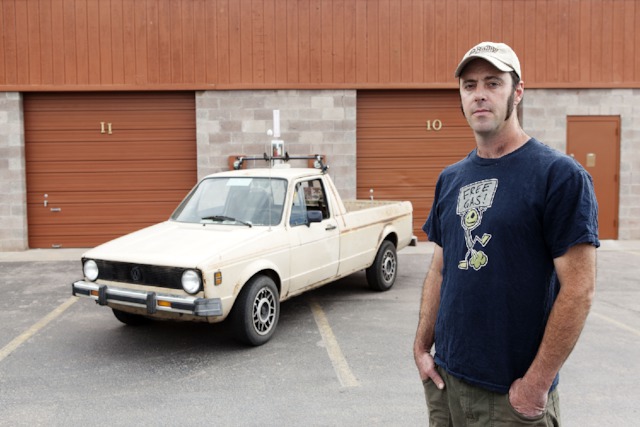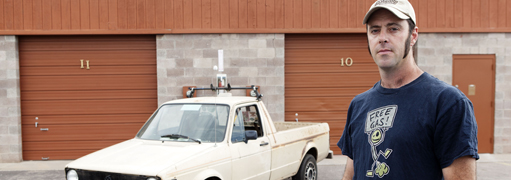What Fuels Ed O’donnell: Talking Veggie Fuel, Wind Power And Off-The-Grid Living
Talking Veggie Fuel, Wind Power And Off-The-Grid Living


Latest Article|September 3, 2020|Free
::Making Grown Men Cry Since 1992


